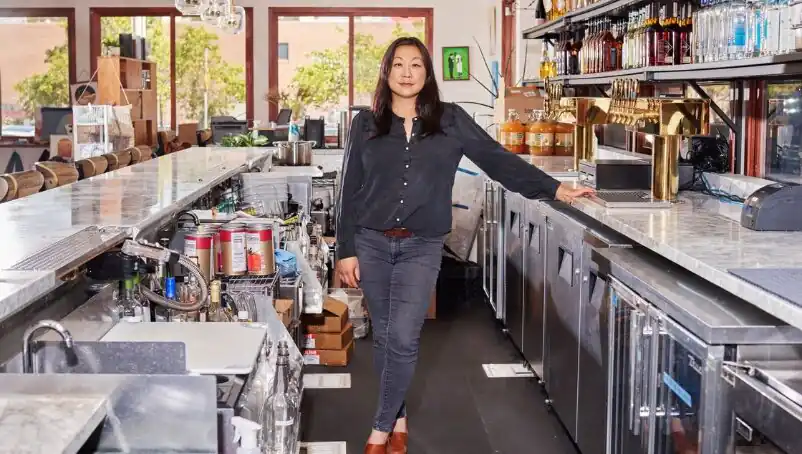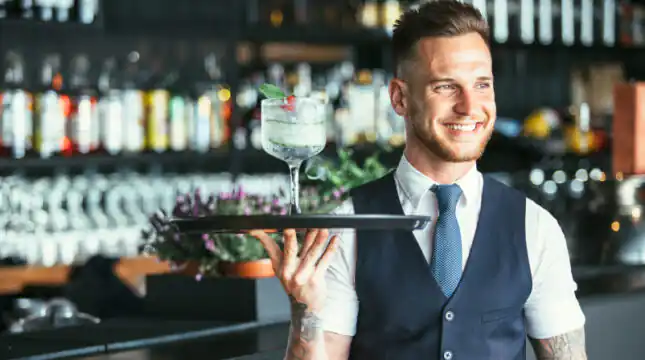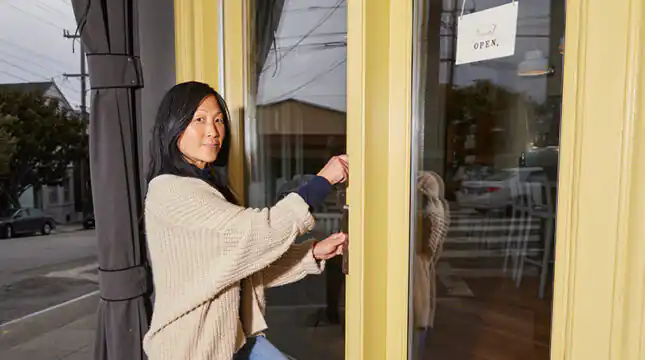Do you need an NJ liquor license to sell alcohol?
You must have a license issued by the New Jersey Division of Alcoholic Beverage Control (ABC) if you’re planning to serve alcoholic beverages in your establishment.
Getting the license can be a challenging and lengthy process primarily because New Jersey limits the total number of available licenses. Often, the most feasible route is purchasing a license from an existing holder, which can be a difficult and competitive endeavor.
The ABC has a “helpful” 85-page handbook for New Jersey retail liquor licenses. However, we’re going to simplify the process to ensure you get the right information.
How much does a New Jersey liquor license cost?
Finding a license for sale is the most expensive part of the process. Many licenses are “pocketed,” meaning someone is holding onto their license without running any business, hoping the license will become more valuable over time.
Due to the scarcity of licenses, you can pay up to $1 million or more — if you’re lucky enough to find one available.
Once you have a license, you’ll pay fees to the ABC for them to process your transfer application. Costs can vary depending on the type of license transfer you’re making and where your business is located.
First, there is a $200 upfront fee. You’ll also need to budget for the Annual License Renewal Fee, which costs between $250 to $2,500 and is decided on by your local municipality.
Then, if you’re doing a person-to-person or place-to-place transfer (that is, taking over an established business or relocating your own), you must also pay 10% of your Annual License Renewal Fee.
If you’re doing both a person-to-person and a place-to-place transfer (when you purchased a license and are opening a new place with it), you must pay 20% of your Annual License Renewal Fee as part of the application process.
How to get a liquor license in NJ
Unlike other states, New Jersey does not distinguish between beer, wine, and hard liquor licenses. While various liquor licenses are available, Type 33 – Plenary Retail Consumption License is what you want if you’re opening a bar or restaurant.
The first step to getting a liquor license in New Jersey is finding a seller willing to transfer theirs. Once you’ve identified a seller, the process, while lengthy, is quite direct:
- Enter into a written purchase and sale agreement for the license.
- Secure the seller’s written consent to transfer the license.
- Complete and submit New Jersey’s 12-page application, along with the necessary fees.
- Publish a Notice of Intent to Transfer in a local newspaper twice, a week apart, to invite public comments or objections
- Apply for a Tax Clearance Certificate from the New Jersey Division of Taxation. Your local municipality can’t approve the license transfer without this certificate.
- Allow a background check by the local police department, including fingerprinting.
- Participate in a public meeting where the local municipality will decide on the authorization of the license transfer.
The time it takes to get a liquor license varies by the location and specific circumstances of your establishment. Once you locate and purchase a license, it can take anywhere from 30 to 120 days for the ABC to complete the transfer process.
Remember: New Jersey has a cap on the number of licenses it issues, allowing one for every 3,000 people in a given municipality. With nearly all types of eateries that sell alcohol wanting a Type 33 license, landing one for your own business can be difficult.
New Jersey law allows licenses to be transferred, but only with approval from the ABC. The limits New Jersey puts on liquor licenses and the fact that many businesses are competing for the same license make buying a license from someone else pretty much the only option.
Make sure the license you purchase is from the municipality where you want to be doing business. While you can convey licenses from location to location within a municipality, the transfer of a New Jersey liquor license from municipality to municipality is not allowed.
Keep in mind that purchasing a transferred license is only the first step. The ABC must approve it before your license is valid.







